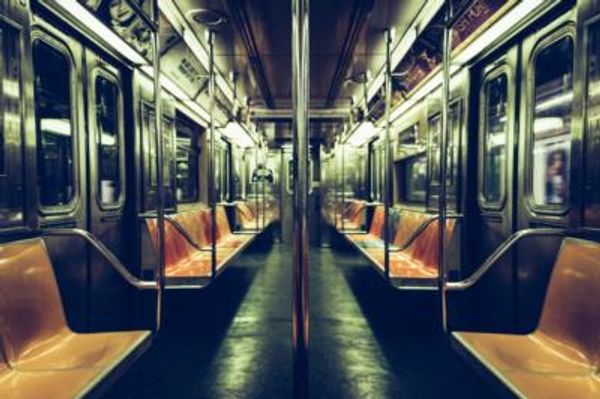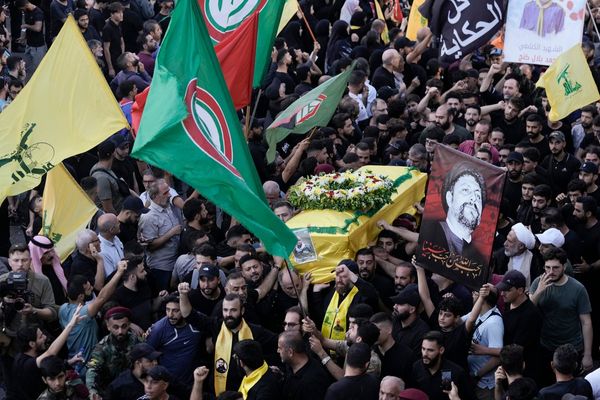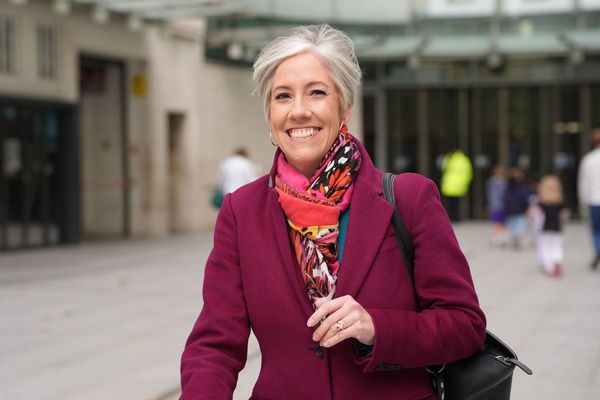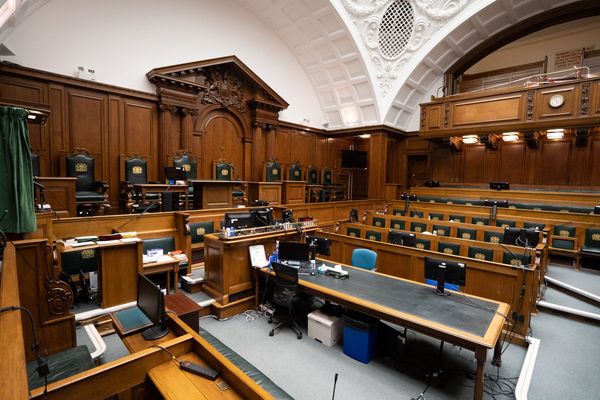
As it happens, I wrote a book called Coniston, about the last recorded massacre of Aboriginal people in Australia in 1928.
The killings took place north-west of Alice Springs. The victims (by my estimate, 100 to 200) were mainly Warlpiri people. The perpetrators of the massacre, which played out over months and included numerous mass shootings, were led by Mounted Constable George Murray of the Central Australia Police.
Shortly before the book’s launch in November 2019, Kumanjayi Walker was shot dead by Constable Zachary Rolfe of the Northern Territory Police. Walker was a Warlpiri man. I said that I hoped, this time, justice would be done.
Walker died at Yuendumu.
In 1928, a Warlpiri man called Kamalyarrpa Japanangka, known as “Bullfrog”, was widely known among Aboriginal people as the main instigator in the murder of a dingo trapper called Fred Brooks. Brooks’ killing was the trigger for the reprisal massacres that followed.
Bullfrog escaped the manhunt and eventually settled in Yuendumu where he lived until his death in the 1970s.
As we know, last week Rolfe was acquitted by a jury of Walker’s murder, and that is that. His defence was self-defence, and that is that.
In the 91 years between Coniston and Walker’s death, not a single Australian police officer has been convicted of the murder of an Indigenous Australian. In the 140 years between the First Fleet and Coniston, not a single Australian police officer was convicted either.
The Coniston murderers, including Murray, were exonerated. Self-defence was the official verdict for each of the 31 shooting deaths they had admitted (including two Aboriginal victims who, on Murray’s own evidence, had been shot in the back, and a number of women who he said were unfortunately hit by stray bullets).
In 234 years, no convictions. Should Rolfe pay the price for all that injustice and thousands of unpunished murders? Of course not. Of course, also, those who prefer not to listen only hear that that is what Walker’s family and people demanded. They did not.
In the aftermath of this latest wrenching trauma for First Nations people, the same old pantomime unfolds.
The documentary on Rolfe’s life and times: “I honestly have not witnessed racism among my colleagues during my time policing,” he says with a dead straight face.
“The unwanted baby who became a violent abuser: Kumanjayi Walker’s tragic life before he was shot” screams the headline in The Australian, to an article documenting every last detail of Walker’s troubled existence, published with the po-face of the righteous, indignant should anyone point to what it is: victim-blaming racism.
Am I being unfair? The Australian published a lot of articles about the man who massacred 51 Muslims in Christchurch. The nastiest headline I could find on any of them was this: “Gunman Tarrant’s racist beliefs bred during European travels”. So, like I said: racism.
Andrew Bolt pounces into print, calling for the resignation of the NT police chief for the outrage that was perpetrated on Rolfe: “Rolfe was charged with murder because he was white. This was the new racism of the left.
“It seems a white policeman may never shoot a violent black offender attacking him without being accused of racism and murder … Justice in this country hangs by a thread.”
Aboriginal people know this landscape too well. It’s the three-card trick of Australian racism: ignore the intergenerational consequences of invasion, murder, dispossession and discrimination; blame the victim for his own disadvantage, laying the subtle groundwork of justification; exonerate the white population, the not-racist country we totally are and have always been.
Yes it is true that Walker resisted arrest with violence, and that there was confusion and no doubt fear in that room where he was shot three times in rapid succession, and that the foundation for reasonable doubt could arguably be (in fact was) found.
It isn’t the point.
The point is that Black lives keep being extinguished. The point is that so often those lives end in police custody or prisons. The point is that if you were an Aboriginal person you would be staring wide-eyed at the fact that nobody has ever been found to have taken even one of those lives with intent. And you would be saying that that cannot be right.
It cannot be right because it isn’t. Our country’s heart remains dark, stained by blood. Unaccounted. Our shame.
Justice in this country hangs by a thread.







